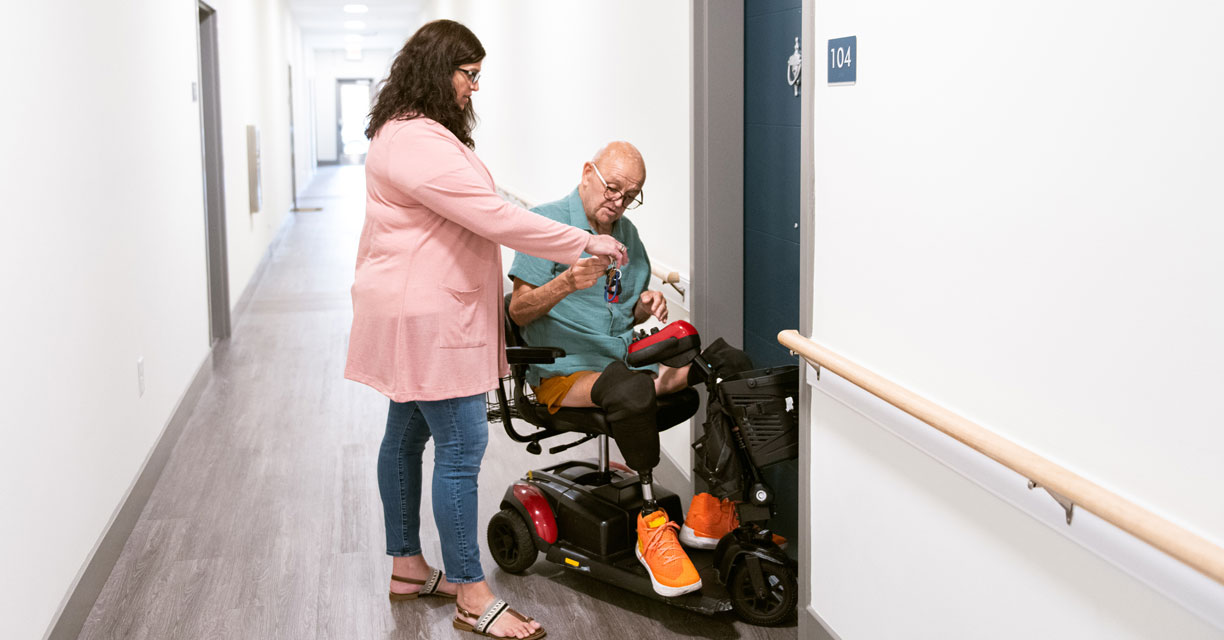Headline
An interdisciplinary care management program for Medicare patients at increased risk of hospitalization demonstrates a positive return on investment.
Context
Interdisciplinary care teams (IDCTs) have proven highly effective in improving outcomes for patients with complex health and social needs. This study contributes to this existing body of evidence by evaluating an IDCT care management program for Medicare Advantage enrollees. The program used care teams consisting of care navigators, community health workers, care coordinators, care managers, pharmacists, behavioral health clinicians, internists, psychiatrists, geriatricians, social workers, nurses, and medical directors. Care teams conducted regular face-to-face visits with patients and convened monthly to coordinate patients’ care. Program participants were identified through a data-driven predictive algorithm, designed to identify patients at a heightened risk of hospitalization, or through provider- or self-referrals.
Findings
Enrollment in the IDCT care management program led to significant reductions in inpatient hospitalization and overall health care costs among patients at higher risk for hospitalization. These results remained statistically significant after adjusting for patient demographics and when measured against a control group of patients with similar risk of hospitalization. Additionally, patients identified for the program through the algorithm and enrolled in the IDCT program demonstrated greater reductions in hospitalizations and overall spending when compared to individuals identified through referral for the program.
After comparing estimated savings to program costs, the IDCT program’s overall return on investment was estimated to be $615 per enrolled patient per month.
Takeaways
Beyond adding a robust demonstration of cost-savings to the substantial evidence-base of IDCT care management programs, these findings are particularly notable given the promising results demonstrated among the patients enrolled in the program through the predictive algorithm. To maximize return on investment, health plans and providers may want to consider similar data-driven approaches to identifying populations for high-touch care programs like IDCT care management.




